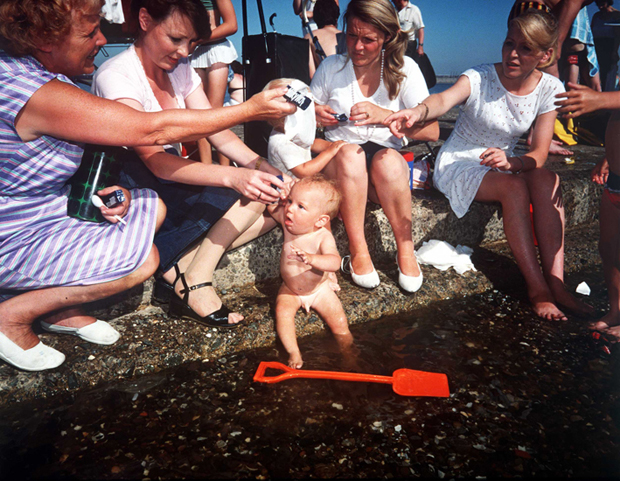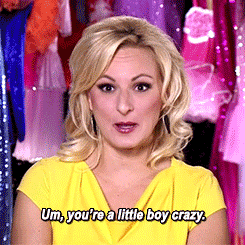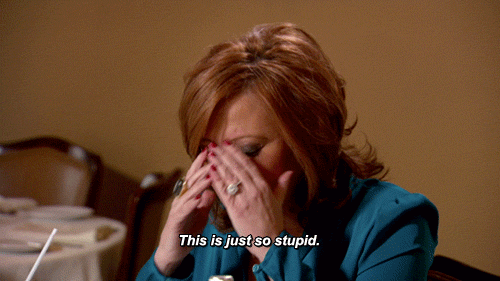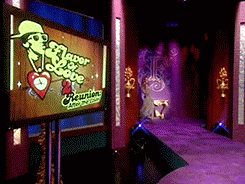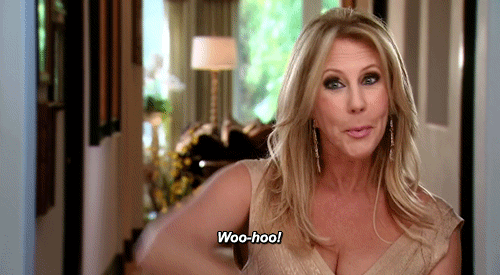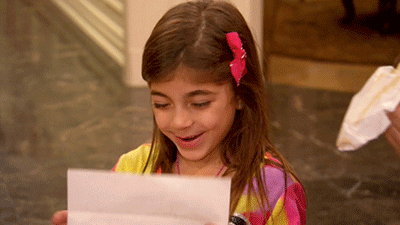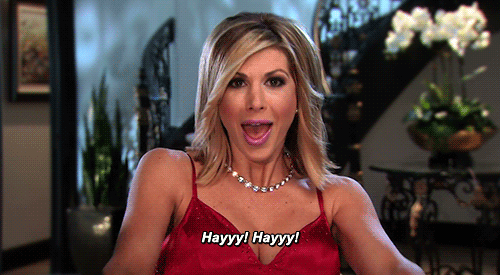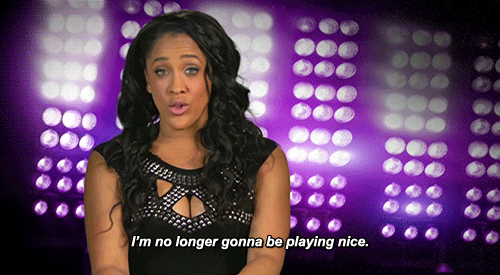Let's talk today about something I feel is almost central to my, and many many others', existence. Productivity.
In a world where being able to run more than seven tabs at the same time merits bragging rights (maybe? for some people?) we're constantly pushed to DO things, to PRODUCE things. And when we can't, when we procrastinate and waste time that was probably carefully saved up by some other means, we feel like dismal failures that don't deserve to exist.
Source
If that's NOT true for you, please realize that your levels of satisfaction with life (and mental health) are most likely more stable than the rest of us. :)
For everyone left: welcome to productivity therapy, where I constantly second-guess myself as I give advice on something I struggle with all too often.
The nasty thing about trying to get work done when you just can't is that the more you pressure yourself to be "productive," the less likely you are to actually do anything. Procrastination is a scrape in the soil that has the danger of becoming a mine shaft in a second. Once you start scrolling through your news feed or catching up on Daily Grace, it's easy for your internal what-I-want-to-be-doing bar to shift from neutral towards lack of work. Sometimes the feeling of regret after YouTube binging leads to to whole "Oh, tonight I'll just not do anything and tomorrow I'll work really hard." You know.
It's not that bad until it becomes a nightly routine.

Or, you know, after you do something fun.
Source
The hardest part is, surprisingly, forgiving yourself after that first video or episode or nap. The "once-I-start-I've-already-broken-the-seal" attitude leads to many wasted hours. Honestly, the nights I've gotten the most things done have been the nights when I was happy, energized enough from >4 hours of sleep the night before to actually relax while I worked. When you relax, you end up doing things because you want to, and more gets done in the end.
Also.
Do. Things. You. Want. To. When. You. Want. To. Do. Them.
If you get an urge to dance to the song playing on Pandora or write a poem about your own legs or make a house out of paper, do it. These urges, once they pass, tend not to come back. And things like this are nurturing; they're like Vaseline on a chapped conscience. (That was gross, I know, just let it pass.) Doing the things you love and acting on whims, which may sometimes be productive themselves, give you energy and satisfaction, two key ingredients to conquering your to-do list and your bad habits.

Source
Example: I have eight tests and project next week and an awards submission essay to write (one that determines whether or not an entire TEAM of student will win an award they deserve). Yet here I am, blogging, and happier than I would be if I were weeping over my textboks right now. I can almost guarantee you that later, once I do turn to those pages of death, it'll be with fingers warm from typing, at the least, if not from contentment.
So go ahead and watch that video. Then stop. Because you've filled that void, satiated that craving, and now just let yourself do the rest of the things you want (and need) to do.
You have the capacity to be productive in your own sense as much as you do to procrastinate. There are two toilets, and you don't need to spend all night in the one that flushes down.
(yeah so the visual you should have in your head right now is of an upside down toilet floating in mid air which is where you want to go because hey productivity right?)
Enjoy loveliness (actually enjoy it please)
and remember to muse. :)










